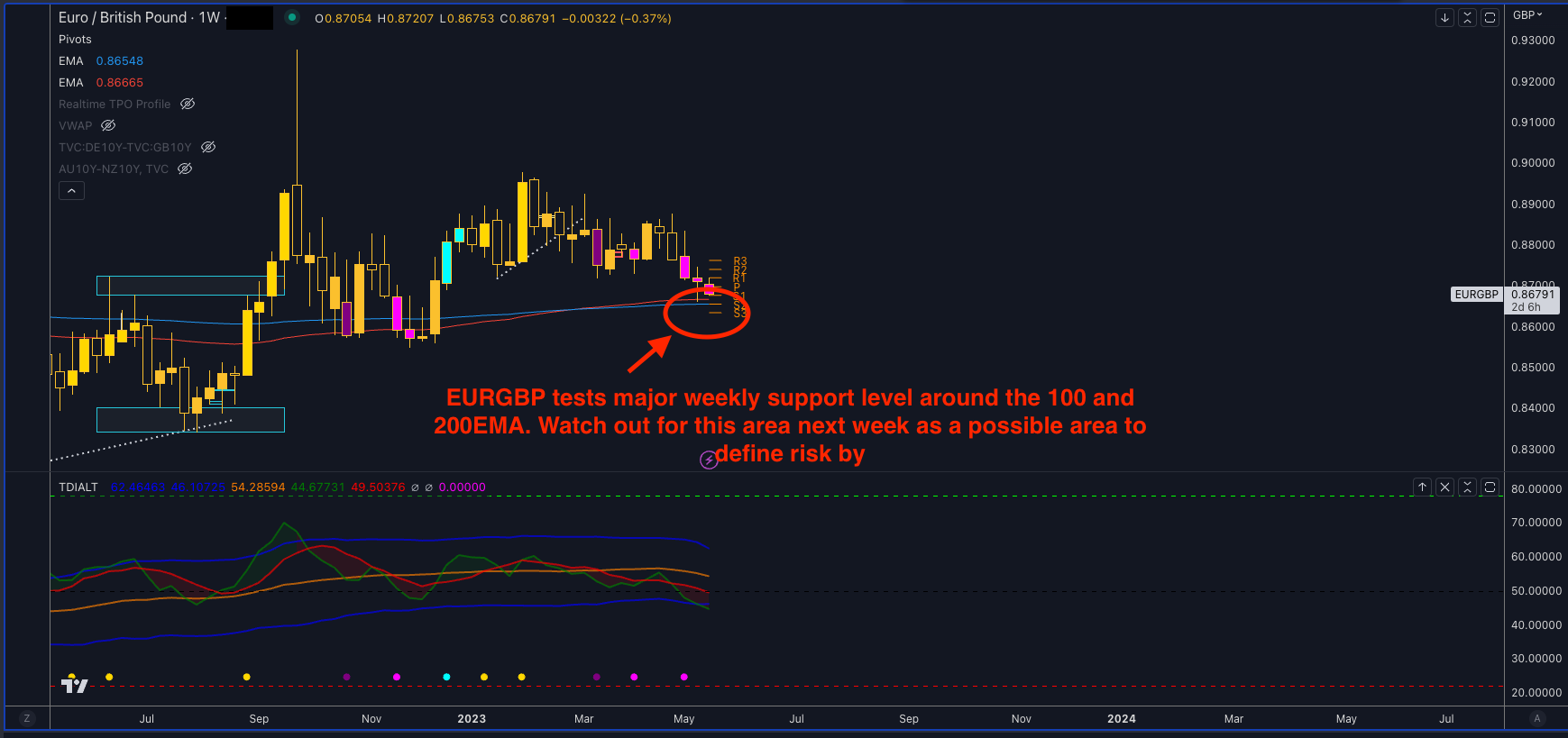Canadian Automotive Industry Calls For Increased Climate Ambition: A Response To US Trade Threats

Table of Contents
US Trade Threats and the Canadian Automotive Sector
The automotive sector faces significant challenges stemming from evolving US trade policies.
Increased Tariffs and Import Restrictions
The threat of increased tariffs and import restrictions from the US poses a severe risk to Canadian auto manufacturers. These measures could:
- Lead to significant job losses: Thousands of highly skilled manufacturing jobs are at stake.
- Reduce production output: Canadian plants might face reduced operational capacity, impacting economic output.
- Decrease competitiveness in global markets: Higher production costs could make Canadian vehicles less competitive internationally.
- Result in plant closures: The economic pressure could lead to the closure of Canadian manufacturing facilities.
The Canadian automotive industry contributes significantly to the Canadian GDP. According to [insert source and statistic here, e.g., Statistics Canada], the sector accounts for X% of GDP and employs Y number of people. Any disruption to this sector has wide-ranging economic consequences.
Environmental Regulations as Trade Barriers
Stricter US environmental regulations present another significant challenge. Differences in emission standards between the two countries could create significant hurdles:
- Meeting US requirements can be costly and complex for Canadian automakers.
- This discrepancy creates a potential for trade disputes and retaliatory measures.
- The differing standards could disadvantage Canadian manufacturers bidding for US contracts.
Specific US policies, such as [mention specific examples of US environmental regulations impacting Canadian automakers], directly impact the ability of Canadian companies to compete.
The Importance of North American Supply Chains
The North American automotive industry relies heavily on integrated supply chains. Trade disputes disrupt this delicate balance:
- Cross-border supply chains are essential for just-in-time manufacturing.
- Shared manufacturing facilities and collaborative projects are common.
- Disruptions to these supply chains lead to increased costs and production delays.
Maintaining the smooth flow of goods and services across the border is vital for the economic health of both countries.
The Canadian Automotive Industry's Response: A Push for Climate Action
Facing these threats, the Canadian automotive industry is strategically positioning itself as a leader in sustainable manufacturing.
Investing in Green Technologies
Canadian automakers are making significant investments in:
- Electric vehicles (EVs): Companies like [mention specific Canadian automakers and their EV initiatives] are investing heavily in EV research, development, and production.
- Battery production: Canada is actively developing its battery manufacturing capabilities to support the growing EV market.
- Other green technologies: Investments are being made in alternative fuels, lightweight materials, and other technologies aimed at reducing environmental impact.
Government support for green initiatives, such as [mention specific government programs], is crucial for this transition.
Advocating for Stronger Climate Policies
The Canadian automotive industry is actively lobbying for:
- Stronger carbon pricing mechanisms: This would level the playing field and incentivize the adoption of cleaner technologies.
- Investments in charging infrastructure: Building a robust charging network is essential for widespread EV adoption.
- Stricter emission standards: Harmonizing emission standards with the US could reduce trade barriers.
Industry associations like [mention relevant industry associations and their positions on climate policy] are playing a key role in this advocacy.
Positioning Canada as a Leader in Sustainable Automotive Manufacturing
The industry is actively working to:
- Showcase Canada's commitment to environmental sustainability.
- Attract foreign investment in green technologies.
- Create high-skilled jobs in the growing green economy.
Potential Outcomes and Future Implications
The Canadian automotive industry's future hinges on its ability to navigate these complex trade and environmental challenges.
Success in Navigating Trade Tensions
Proactive climate action could lead to:
- Increased competitiveness through green technologies.
- Attracting new investment in sustainable manufacturing.
- Strengthening bilateral relationships with the US through a shared commitment to environmental goals.
Failure to Meet Climate Targets
Failing to meet climate targets risks:
- Increased trade barriers and protectionist measures from the US.
- Loss of competitiveness in the global automotive market.
- Further job losses and economic hardship.
- Significant environmental damage.
Conclusion: The Future of the Canadian Automotive Industry Depends on Climate Ambition
The Canadian automotive industry is facing significant headwinds, but its proactive embrace of climate action offers a pathway to navigate these challenges. By investing in green technologies and advocating for strong climate policies, the industry is positioning itself for future success. The commitment to sustainability is not just environmentally responsible; it's a vital strategic move for economic survival and global competitiveness. Learn more about the Canadian automotive industry's sustainability efforts and contact your elected officials to advocate for increased support for the Canadian automotive industry's climate ambition. Support policies that promote sustainable automotive manufacturing and ensure the long-term health of this vital sector of the Canadian economy.

Featured Posts
-
 Florida Film Festival Notable Guests Include Mia Farrow And Christina Ricci
May 24, 2025
Florida Film Festival Notable Guests Include Mia Farrow And Christina Ricci
May 24, 2025 -
 One Woman One Park One Pandemic Finding Refuge In Seattles Green Spaces
May 24, 2025
One Woman One Park One Pandemic Finding Refuge In Seattles Green Spaces
May 24, 2025 -
 Uk Inflation Data Sends Pound Higher As Boe Rate Cut Bets Diminish
May 24, 2025
Uk Inflation Data Sends Pound Higher As Boe Rate Cut Bets Diminish
May 24, 2025 -
 Uspekh Kazakhstanskikh Tennisistok Tretiy Final Kubka Billi Dzhin King
May 24, 2025
Uspekh Kazakhstanskikh Tennisistok Tretiy Final Kubka Billi Dzhin King
May 24, 2025 -
 Konchita Vurst Neynata Brada I Promyanata Prez Godinite
May 24, 2025
Konchita Vurst Neynata Brada I Promyanata Prez Godinite
May 24, 2025
